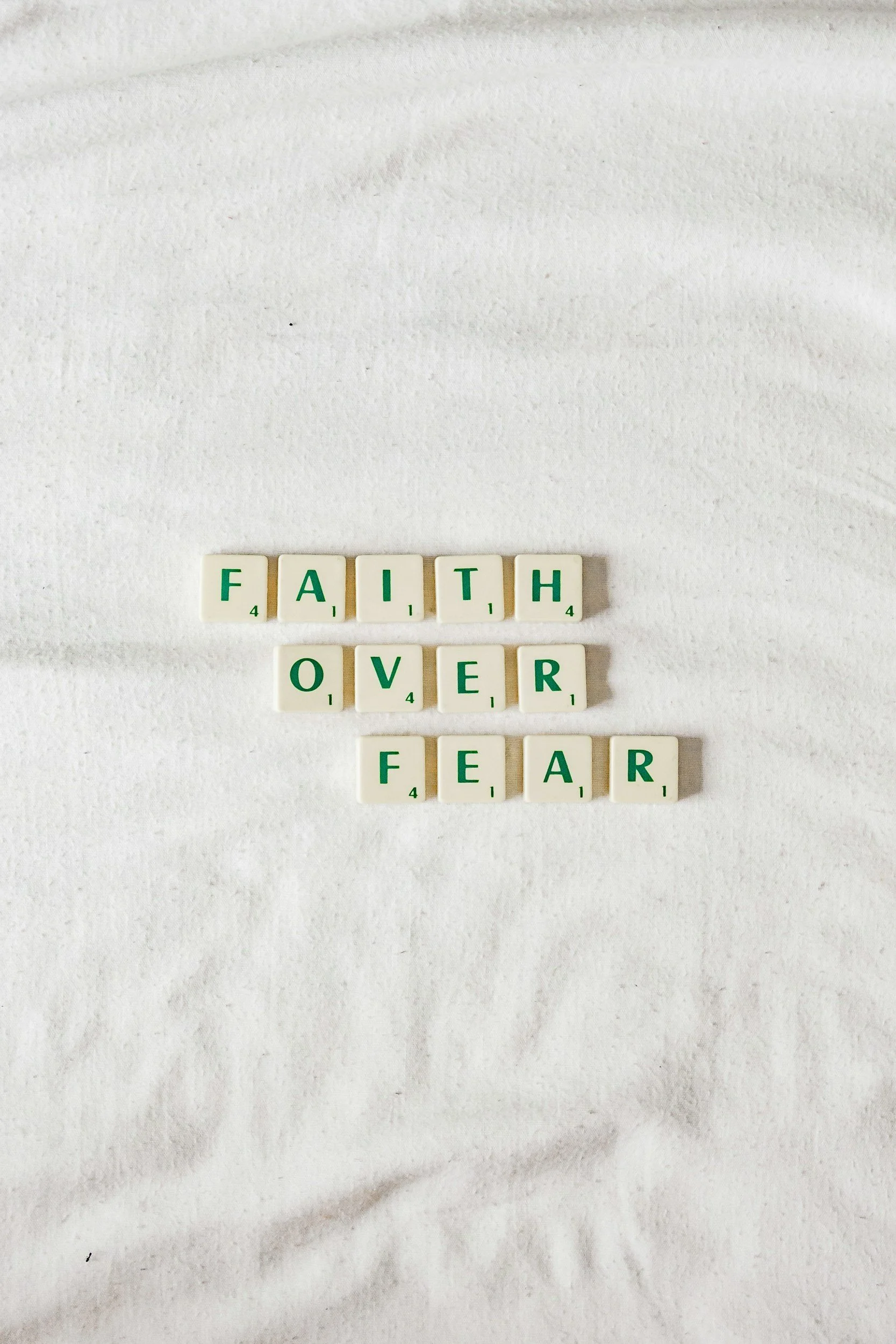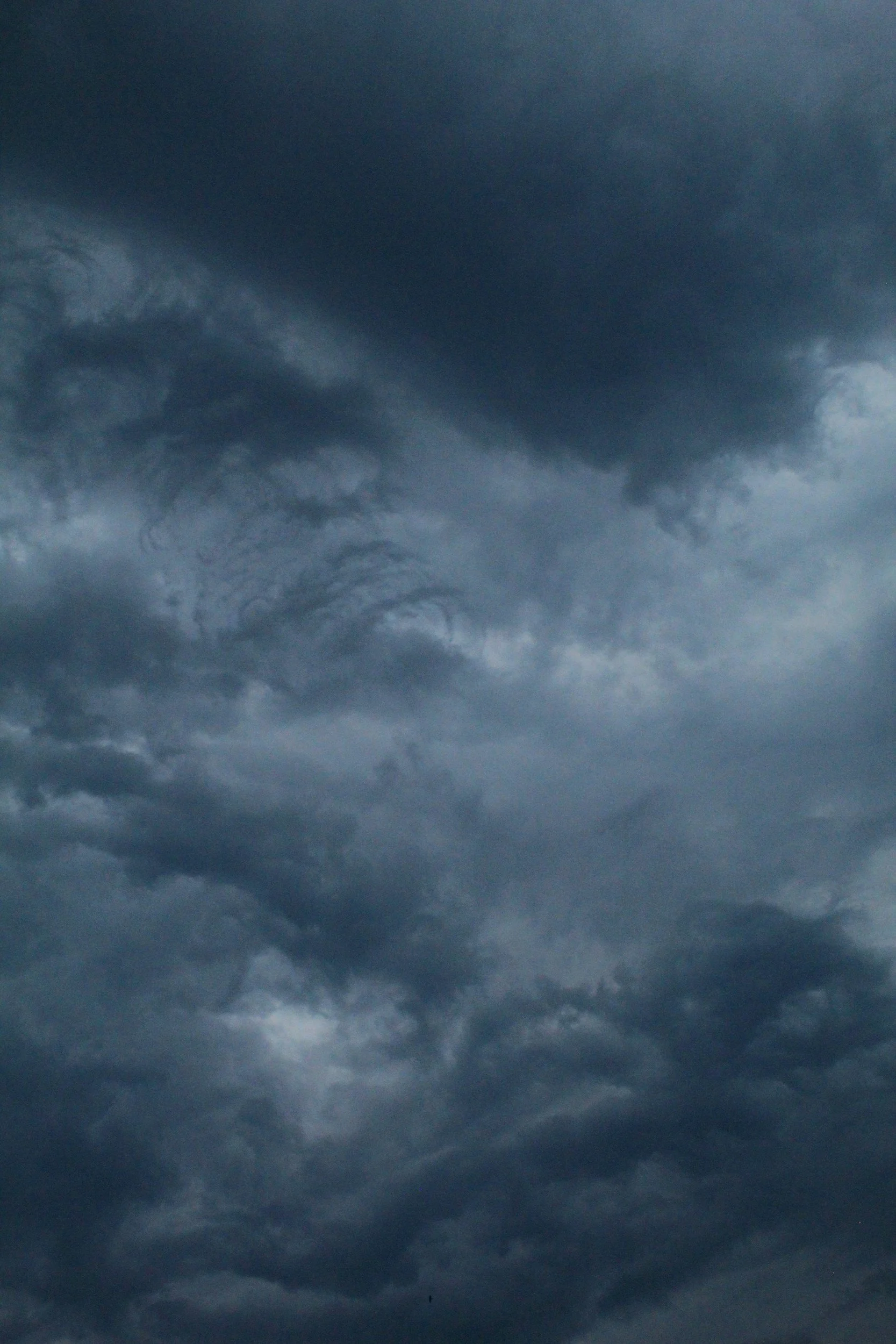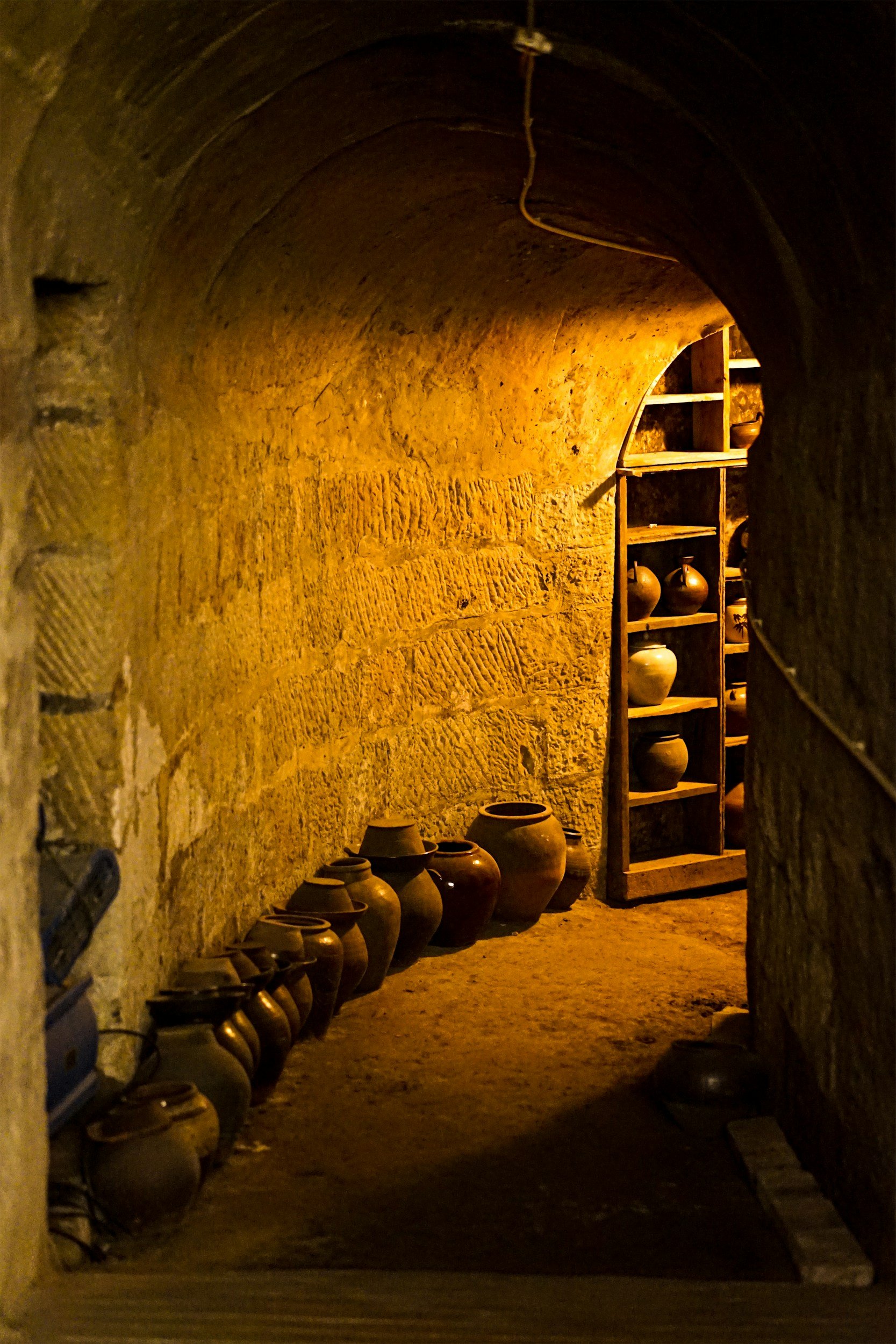Igbo Worldview on Dualism Explained in This Maxim
“Ífé ná-ázọ́ ázọ́ nà-ègbú égbú, ífé ná-égbú égbú nà-àzọ́ ázọ́”
(What saves also kills, and what kills also saves.)
Igbos are known for our deep, intuitive spirituality and philosophical thought, with a lot of it encoded in proverbs and maxims. Among these, the proverb highlighted above provides an opportunity for a deep reflection of the Igbo worldview on dualism, balance, and the nature of power and consequence.
Let’s unpack what this maxim really means and how it continues to shape Igbo thought, medicine, spirituality, and moral philosophy.
1. Dualism in Igbo Cosmology
Igbo worldview is centered around the belief that the universe is inherently balanced. There is no pure good without some potential for harm, and no pure evil without some latent purpose.
Fire cooks food. Fire also burns houses.
Water gives life. Water also drowns.
The same herbs that heal can kill in the wrong dosage.
Leadership brings honor. Leadership also invites betrayal.
This dualism is not a contradiction, instead it is a recognition of truth. Everything in nature, and in the spiritual world, holds both potential and peril.
To be wise in Igbo tradition is not to avoid danger entirely, but to understand the balance between extremes and walk with discernment.
2. Medicine and Poison: One Root, Two Outcomes
Nowhere is this dualistic thinking more apparent than in Igbo traditional medicine. The Dibia (healer) understands that the same plant used in healing rituals can cause spiritual or physical affliction if used improperly.
Power is never neutral. What matters is how it's applied, by whom, and in what context.
This mirrors modern pharmacology: the right drug saves a life; the wrong dosage can end it. Igbo ancestors have known and taught this for centuries.
3. Morality: The Thin Line Between Virtue and Vice
This dualistic lens extends into morality and ethics. Igbo worlview posits that virtues can become vices in excess:
Bravery can become recklessness.
Humility can turn into cowardice.
Wealth can be a blessing or a curse.
Spiritual power can uplift or oppress.
This is why balance and self-mastery are prized qualities. The goal is not to be good in a vacuum, but to be harmonious with your Chi, your community, and the cosmic order.
4. Destiny and the Paradox of Purpose
Sometimes, the very thing that leads someone to greatness is the same thing that causes their downfall. In Igbo metaphysics, destiny (akaraaka) is not without its shadows. The proverb reminds us to embrace our shadow shelf, even challenges we encounter, as part of the journey and to keep in mind that what destroys can also awaken.
5. Modern Relevance
This Igbo maxim remains more relevant than ever. We live in a time where:
Social media connects and destroys.
AI empowers and threatens.
Religion inspires and divides.
Freedom liberates and isolates.
Understanding that every tool, every truth, every gift has a double edge makes you wiser, humbler, and more discerning. Do not chase only what saves, ask also what it might cost. Do not fear what kills, ask what it might reveal or birth.
To Sum It Up
Igbo progenitors did not fear power. They respected it. They did not demonize the dark. They integrated it. The goal is not to avoid duality but to understand it, live with consciousness, and act with discernment.
So the next time you find yourself afraid of what might hurt, or blindly chasing what seems to heal, remember this sacred truth:
“Ífé ná-ázọ́ ázọ́ nà-ègbú égbú, ífé ná-égbú égbú nà-àzọ́ ázọ́.”
What saves also kills, what kills also saves.















